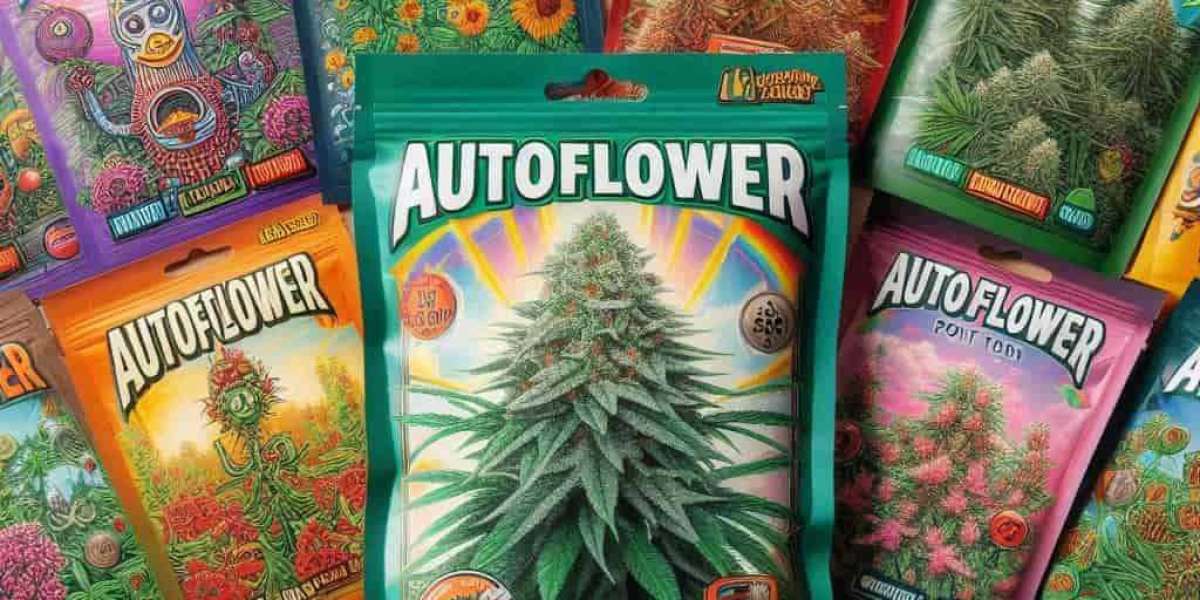As the conversation around cannabis continues to evolve in the United States, more and more people are becoming interested in growing their own marijuana plants. Pennsylvania, like many other states, has its own set of laws and regulations when it comes to cannabis cultivation.
Legal Status of Growing Marijuana in Pennsylvania
First and foremost, it's important to note that recreational marijuana is still illegal in Pennsylvania. However, the state does have a medical marijuana program https://weedseedsoff.com/pennsylvania/ that allows patients with qualifying conditions to use cannabis. While medical marijuana is legal, growing your own plants is not permitted under current state law, even for medical marijuana patients. All medical cannabis must be purchased from licensed dispensaries.
That being said, there has been growing support for the legalization of recreational marijuana in Pennsylvania. Some lawmakers and advocacy groups are pushing for changes to the state's cannabis laws, but as of now, home cultivation remains illegal. It's crucial to stay informed about any changes in the law if you're considering growing marijuana in the future.
Choosing the Right Marijuana Seeds
If you're in a state where growing marijuana is legal, or you're planning for a time when Pennsylvania laws might change, selecting the right seeds is one of the most important steps in the cultivation process. There are three main types of marijuana seeds to choose from: regular, feminized, and autoflowering.
1. Regular Seeds: These seeds can produce either male or female plants. If you're growing for consumption, you'll want to focus on female plants, as they produce the buds that contain THC and other cannabinoids. Male plants are typically used for breeding purposes.
2. Feminized Seeds: These seeds are bred to produce only female plants, which makes them a popular choice for growers who want to maximize their yield. Feminized seeds eliminate the need to identify and remove male plants from your crop.
3. Autoflowering Seeds: These seeds are ideal for beginners because they automatically switch from the vegetative stage to the flowering stage without the need for a change in light cycles. Autoflowering seeds tend to have a shorter growing period, making them a good option for those who want a quicker harvest.
Growing Conditions in Pennsylvania
Pennsylvania's climate can be challenging for outdoor marijuana cultivation due to its cold winters and humid summers. However, with the right preparation, it is possible to grow marijuana outdoors in the state. The best time to plant your seeds outdoors is in late spring, after the last frost has passed. This will give your plants enough time to grow and mature before the colder weather sets in.
If you're growing indoors, you'll have more control over the environment, including temperature, humidity, and light cycles. Indoor growing can be more expensive due to the need for specialized equipment like grow lights, fans, and dehumidifiers, but it allows for year-round cultivation and higher-quality yields.
Soil and Nutrients
Marijuana plants thrive in well-draining soil with a slightly acidic pH level between 6.0 and 7.0. You can either purchase pre-mixed soil designed for cannabis or create your own mix using organic materials like compost, perlite, and peat moss. It's also important to provide your plants with the right nutrients at each stage of growth. Nitrogen, phosphorus, and potassium are the three primary nutrients that marijuana plants need to grow strong and healthy.
During the vegetative stage, your plants will require more nitrogen to support leaf and stem growth. As they transition to the flowering stage, you'll want to reduce nitrogen levels and increase phosphorus and potassium to promote bud development.
Watering and Light
Proper watering is key to a successful marijuana crop. Overwatering can lead to root rot, while underwatering can cause your plants to wilt and die. It's important to strike a balance and ensure that your plants are getting the right amount of water based on their size and the growing conditions.
When it comes to light, marijuana plants need plenty of it to grow. Outdoor plants should be placed in a location that receives at least six hours of direct sunlight per day. If you're growing indoors, you'll need to invest in high-quality grow lights to mimic the sun's natural light.
Harvesting and Curing
Once your plants have matured and the buds are fully developed, it's time to harvest. The best time to harvest is when the trichomes (tiny, crystal-like structures on the buds) have turned milky white or amber in color. This indicates that the THC levels are at their peak.
After harvesting, it's important to properly dry and cure your buds to preserve their potency and flavor. Hang the buds upside down in a dark, well-ventilated area for about a week. Once they are dry, place them in airtight containers and store them in a cool, dark place for at least two weeks to allow the curing process to take place.
Conclusion
While growing marijuana seeds in Pennsylvania is not currently legal, it's important to stay informed about the state's evolving cannabis laws. If and when home cultivation becomes legal, you'll be ready to start your own marijuana garden with the knowledge and skills needed for a successful harvest. Whether you're growing indoors or outdoors, choosing the right seeds, providing the right nutrients, and maintaining proper growing conditions are all key factors in producing high-quality cannabis.



